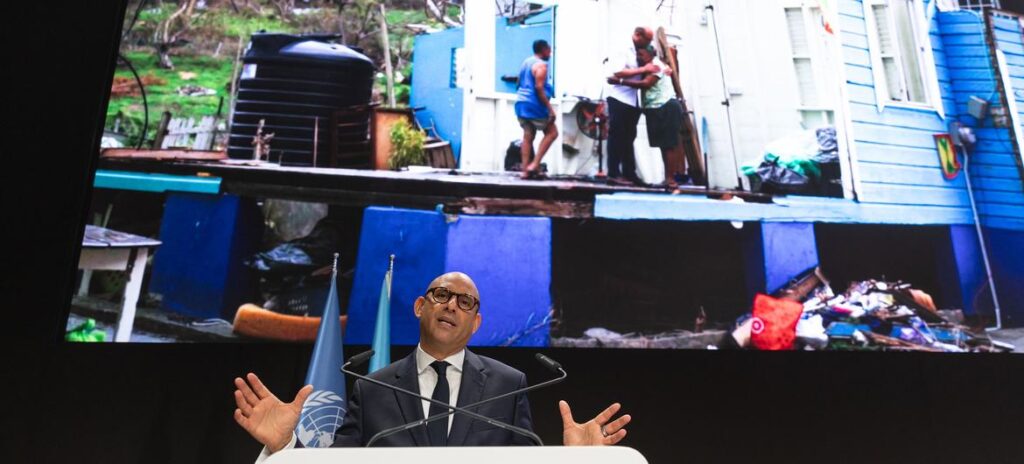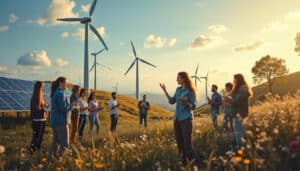The COP29, currently taking place in Baku, is at the heart of global discussions on climate. Negotiations are focused on the crucial importance of achieving substantial funding to combat climate change. Experts estimate that a target of $1 trillion per year could be reached by 2030 without disrupting the global economy. This perspective is supported by many economists who believe that this investment would contribute to greener economic growth in the future. The delegates present are seeking to establish a funding model that would meet the needs of developing countries while maintaining a collective effort towards a global energy transition.
At the COP29 in Baku, discussions around funding to combat climate change are at the core of the debates. Economists emphasize that gathering about $1 trillion per year by 2030 is feasible without disrupting the global economy. This would stimulate greener economic growth. Negotiations focus on developing a model to finance developing countries fairly, in the face of the growing threat of climate warming. However, divergences between countries make this process complex. The urgency for action is strongly felt, especially by the Pacific island nations directly facing disastrous consequences.

the financial challenges of the climate summit COP29
At the heart of the concerns addressed during the COP29 are the financial requirements necessary to combat climate change. According to a group of influential economists, raising the necessary funds is not an insurmountable burden for already pressured government budgets. These experts highlight the importance of funding estimated to be only $1 trillion per year by 2030, and they believe that this amount remains achievable without disrupting the global economy.
In addition to this challenge, it is clear that these funds are not solely intended to mitigate economic impact but also to prepare for a future with more secure and sustainable green growth. This objective has become even more crucial in light of the economic repercussions the world could face without such investment, ranging from economic damage to rampant inflation. This also includes concerns about a reversal of the advances made in recent decades to lift poor countries out of poverty, which the UN has recently highlighted.
vision of Pacific leaders on climate change
Surangel Whipps Jr, the president of the republic of Palau, alerted during the summit about the tangible consequences of rising sea levels on the coasts of his country. In his passionate speech, he described climate change as a relentless invasion that threatens not only the food and economic security of his people but also their culture and very existence. He advocates for bold action from negotiators to accelerate measures taken against this global threat.
countries’ commitment to finance climate action
The intense debates at the COP29 also focus on defining an equitable model for climate finance. Australian Minister Chris Bowen described the process as assembling a “four-dimensional puzzle,” involving nearly 200 countries which all have a say. This imagery aptly illustrates the challenges of approach and consensus among nations with extremely varied economic and environmental situations. Nonetheless, the discussions highlight a universal recognition of the need for a transition to more sustainable solutions.
Articles similaires
Thank you!
We will contact you soon.














